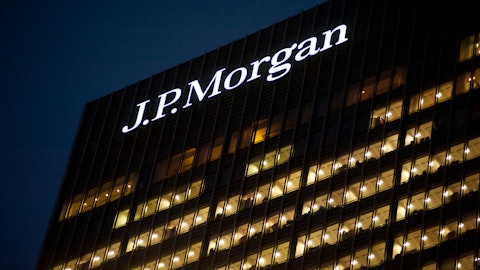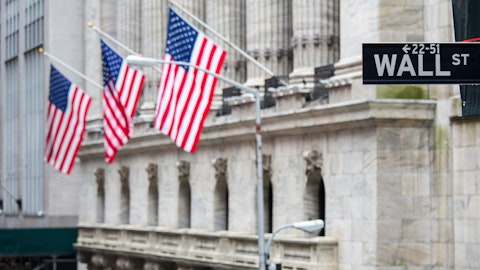Conclusion
To bring all this together, there are five types of Ebola, and each requires a different vaccine (bivalent vaccines aside). The two lead development candidates right now both target the Zaire type, which is by far and away the leading cause of deaths in Ebola history, primarily based on the latest West African breakout. The two vaccines are rVSV-ZEBOV and ChAd3-EBO-Z. The former is currently in a Merck-sponsored Phase III trial, having been licensed from NewLink, and is performing exceptionally well for what it is trying to prove. The latter is being developed by GSK and is in a Phase I extension trial that, if successful, will result in GSK shipping ten thousand doses for commercial application in West Africa.
We don’t expect either vaccine to be blockbuster or a significant money maker in the near future, but an approval and shipment would give either company some very positive press and could give stocks an extra, brief 5-10% jump over what would otherwise be, though this is just a rough estimate. In the event that Ebola truly becomes a pandemic issue, something that would indeed be terrifying, then we’re looking at much bigger gains on global panic alone.
Ebola investments should be considered tail-risk investments for worst case scenarios. Having some GSK or Merck stock in your portfolio is not particularly risky, so holding them for the unlikely event that Ebola becomes a global pandemic is not a particularly bad idea for any portfolio. These are the companies that will be turned to in such an event by governments all over the world, and in the event of a true pandemic, you better believe that regulatory precautions will be thrown out the window. In case they are and one or both of these pharma giants prove to carry effective vaccines, we’re looking at serious panic gains for shareholders, though hopefully, for the sake of humanity, this will not actually happen. And if it doesn’t, that’s good for all of us, and owning GSK or Merck is not particularly risky anyway.
As for what happens from here, the Merck Phase III trial being conducted in Africa may be enough for the FDA based on the surrogate endpoint of immunogenicity, or it may not be and they may require animal studies to prove that the immunogenicity generated is actually effective against the virus itself. Our guess is that in the meantime, while Ebola is not a serious issue, the FDA will require animal testing after Merck’s Phase III is completed. If the Animal Rule proves efficacy in primates, then we probably do have an effective vaccine. In that case, Merck could make some extra cash through government stockpiling, which has been the case for the smallpox vaccine, but as big of a spender that the US government is, it shouldn’t have much of a material effect on Merck as long as Ebola is on the back burner.
So in the end, Ebola programs are basically a bonus card that has little to no downside impact on either Merck & Co., Inc. (NYSE:MRK) or GlaxoSmithKline plc (ADR)(NYSE:GSK). If they pan out in the event of disaster, shareholders will benefit. If they don’t, downside is limited, and humanity is in better shape.
Follow Glaxosmithkline Plc (NYSE:GSK)
Follow Glaxosmithkline Plc (NYSE:GSK)
Receive real-time insider trading and news alerts
Note: This article is written by David Rich and originally published at Market Exclusive.





